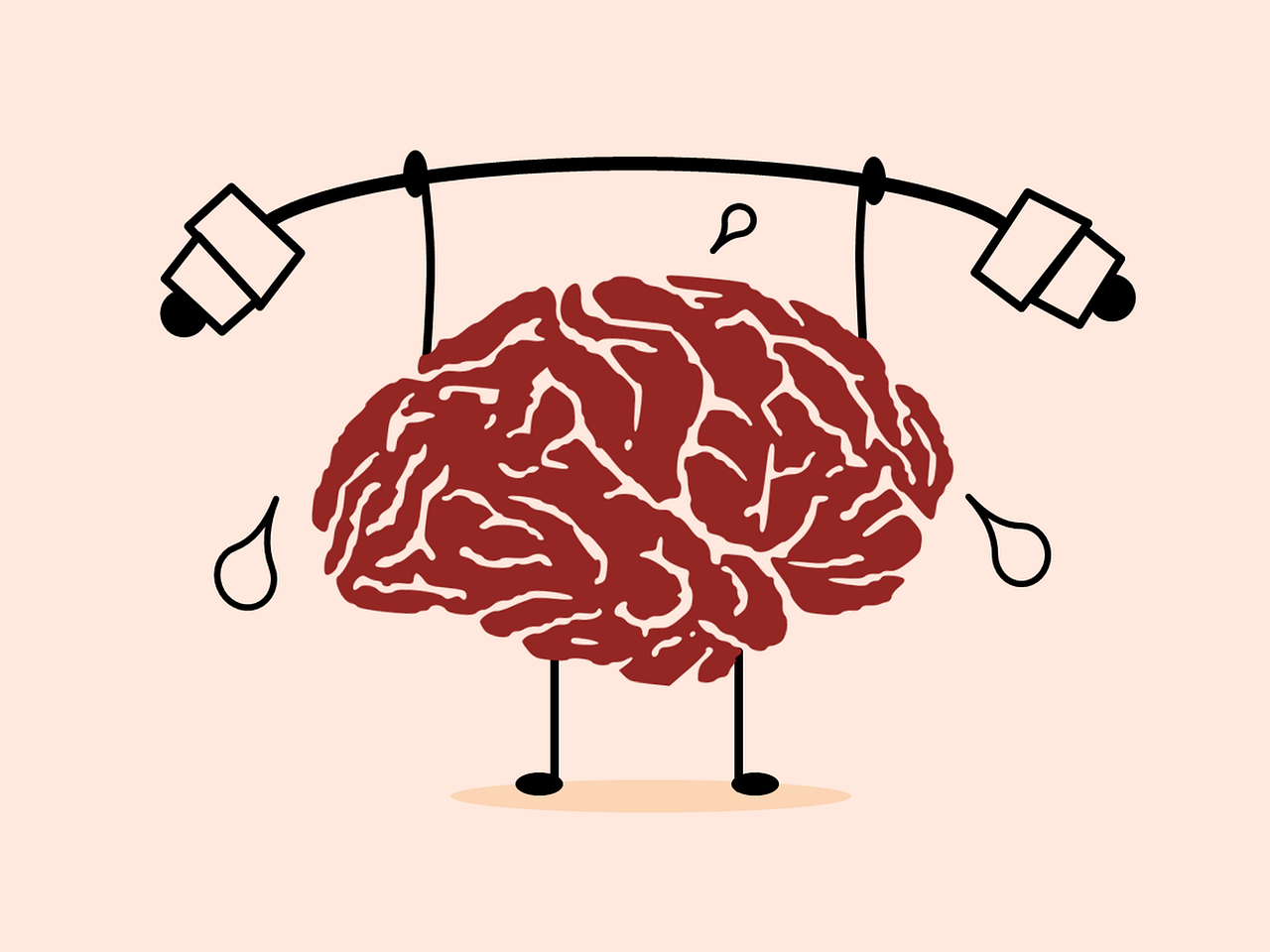New Year’s resolutions are right around the corner. Many of us will vow to make changes to our physical health (for example, quit smoking, lose weight, exercise more, etc.). As a society, we tend to be focused on our physical health, but what about our brain health?
Age is the greatest risk factor for developing Alzheimer’s disease or a related dementia. Though we cannot completely prevent dementia, we can alter our lifestyle to help reduce our risk of developing the disease. Even before we begin to worry about our memory, we should be taking steps towards a healthy brain – and there’s more to that than just puzzles and brain games!
Physical Activity
The Wisconsin Alzheimer’s Institute recommends 30 minutes of physical exercise for 5 days per week. This does not mean just any old physical movement; make sure your exercise is something that gets your heart rate pumping! What’s good for the heart is good for the brain. The brain needs oxygen, which comes from your blood pumping through it. This type of exercise may be different for everyone, if simply walking gets your heart pumping – great! If walking seems easy or doesn’t get your heart going, try something a little more challenging like a low-impact exercise class or a stationary bike.
Nutrition
Some of us pay attention to what we eat – some don’t! Even making small changes to your diet can affect your brain health. One diet that has been associated with good brain health is the MIND diet. Similar to the Mediterranean diet, the MIND diet involves eating vitamin-rich foods that are good for your heart like leafy greens, nuts, berries, whole grains, etc. Avoid fried foods, sugar-rich foods, and processed foods as much as possible.
Social Interaction
New information is being brought to light about engaging socially with others. Having engaging conversations with others helps different parts of our brain ignite. COVID has changed the way we interact with others, but it has also taught us to get creative! Have a weekly video chat or phone call, send “old fashioned” handwritten letters, or have porch/outdoor visits with friends!
Relaxation and Sleep
As much as we want to keep our brain active and stimulated, it also needs time to rest and recharge. Lack of sleep and stress can actually produce symptoms that look a lot like dementia! Ensure you are getting enough rest and relaxation. According to the Center for Disease Control and Prevention, adults over the age of 65 need 7-8 hours of sleep per night. Practice meditation, deep breathing, or other relaxation techniques to give your brain a chance to recharge.
Cognitive Activity
Keeping your brain sharp has always been said to keep your brain healthy. While this can be true, it is important to continue challenging your brain. Just like our physical health, we won’t stay in shape or improve our health if we only do one type of exercise. If something becomes too easy, challenge yourself with something new or more difficult! Variety and challenge are key to a healthy brain!
Sources:
cdc.gov/sleep/about_sleep/how_much_sleep
Wisconsin Alzheimer’s Institute




